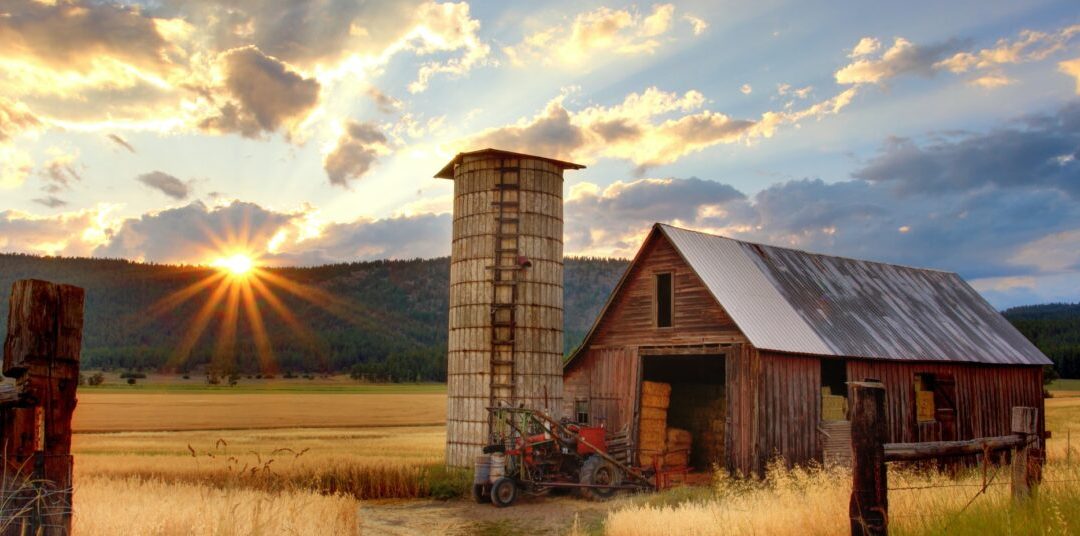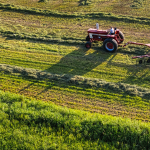The one consistency in life is change and agriculture is not immune to it. In fact, the past few years have seen some massive changes and farm businesses need to stay fleet of foot to adapt. Even here in Cheshire we have seen the effects of climate change – a long hot summer of 2018, followed by a long, wet summer/autumn of 2019, followed by a dry spring of 2020. We are now in June 2020 and things have settled down weather wise, although there is still some catching up to do.
Then we have political change – the looming impact of Brexit and changes to the subsidy regime, not to mention trade tariffs and potential (low quality) imports competing with UK farm produce.
More recently farmers have been affected by the effects of the global Coronavirus pandemic. In the UK we have seen demand for commodities slashed, with no catering demand for the last three months as pubs, restaurants and hotels have been forced to close. Allied to this (and tied to Brexit) there has been difficulty in sourcing farm staff from outside the UK, something that has mainly impacted fruit and vegetable growers.
Farming businesses need a strategy for coping with change and there’s always a good time to have a plan. It can take several years to implement a plan, it’s not an overnight thing.
Our starting point is the client’s end point. We need to know what the client’s intentions are. These may be retirement of the senior generation, distributing assets to non-farming family members, bringing younger members into the business, providing housing for family members or generally ensuring a viable business (always essential).
We still come across many farming families unable to discuss the future, although fortunately these are now in the minority. There are those who work on the principle that “everything will be alright” and (the common one) “sort it out when I’m gone; there’s no tax to pay on the farm when I die”. Pub advice has to be taken lightly as everyone’s situation is different.
One key issue, especially in the North West, is land values. In times gone by, the value of the farm was, perhaps, modest and families strived to keep the farm intact. Now, of course, even small farms can run into being worth many hundreds of thousands of pounds, and a million pounds can easily be reached with a nice farmhouse. Much more for families to fall out over! One of our early roles, when dealing with succession is to do a register of ownership. Quite often we find that “the farm” is made up of several parcels of land and property that are in different ownerships within the family. There may well be some land held on tenancies, where we need to understand if there are any succession rights available.
There may be opportunities for development of parts of the farm, for example housing close to the village or barn conversions under Permitted Development. Whilst some farmers may be anti-development, for fear of watering down their farming business, it is wise to understand the chances that exist. These may be the lifeline that enables the business to continue.
Of course, development usually gives rise to tax and this is where we work alongside accountants to ensure that any structure is correct from a tax planning point of view. The earlier this discussion starts the better; there may be implications for Capital Gains Tax (CGT) and also Inheritance Tax (IHT). It may be prudent for ownership of assets to be transferred prior to development, or for Trusts to be set up. At the early stages of development, values will usually be less significant than after planning consent has been obtained.
Alongside the tax advice of the accountant, we work alongside expert solicitors who will guide the parties on the legal documentation. Whilst to some there may seem to be an excess of paperwork, it is really fundamental that matters are documented. Many people are content with the handshake agreement, but in this day and age that is not satisfactory. Trying to prove the intentions of the parties (especially those who have died) can lead to disputes with other family members, and possibly HMRC. We recommend, as a minimum the use of a partnership agreement and a will. Occupancies between family members should also be recorded (Farm Business Tenancies, Assured Shorthold Tenancies, etc.). Once these documents are in place the next consideration is Power of Attorney, giving rights to administer the affairs of the parties in the event of them becoming incapacitated.
Case law on farming disputes is extensive and court proceedings need to be avoided; they are not for the faint hearted, or those without deep pockets. The doctrine of “Proprietary Estoppel” – effectively relying on a promise – is well rehearsed in farming circles.
We have to bear in mind that where the succession plan involves diversification, the parties have to consider a whole new raft of issues. For example, occupation agreements may not permit it, the VAT status may be changed, the ability to rollover for CGT may be different and assets lose the ability to qualify for Agricultural Property relief under IHT. These issues need to be considered alongside the matters of planning consent and commercial viability.
The role of the rural chartered surveyor is to oversee the various aspects of the succession planning, advising on values, assisting with seeking opportunities and working in conjunction with the various professionals. At Oakwood we have significant experience of working with farmers and landowners and can provide expert professional advice. We are always willing to have an informal chat about your requirements, often a meeting can be held without obligation (subject to pandemic restrictions at the moment, though) as a precursor to setting up a formal plan.
Graham Bowcock MRICS MRAC






